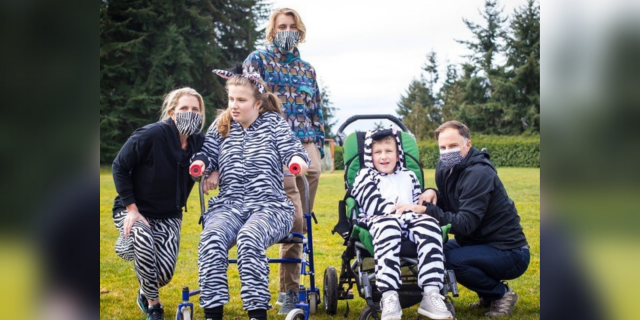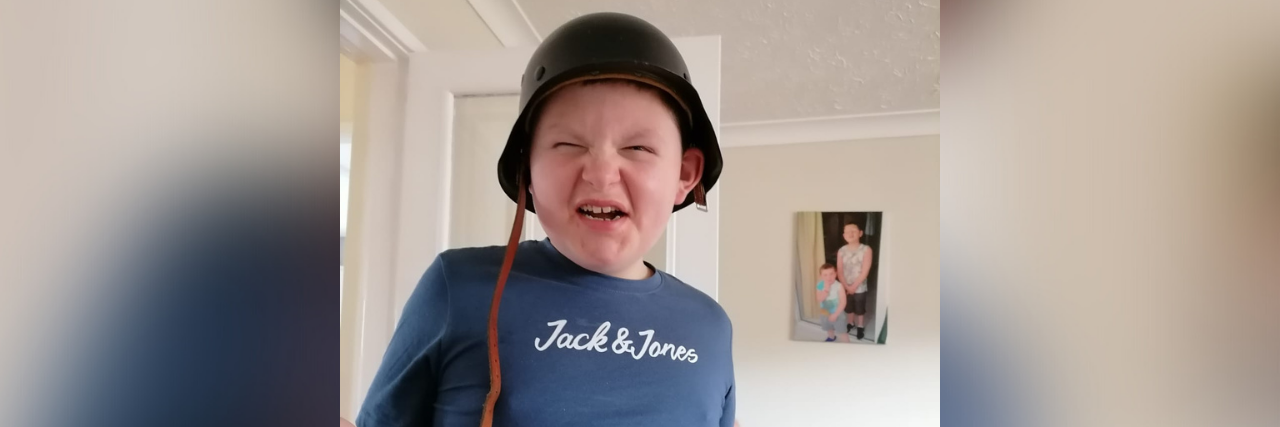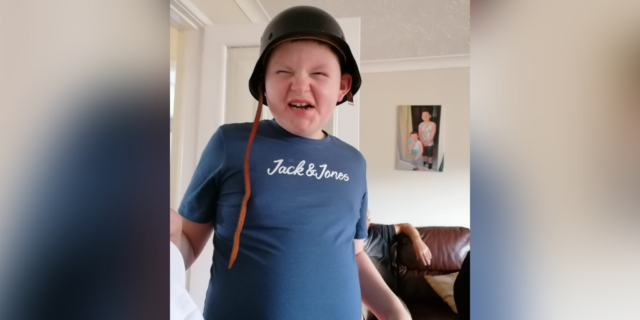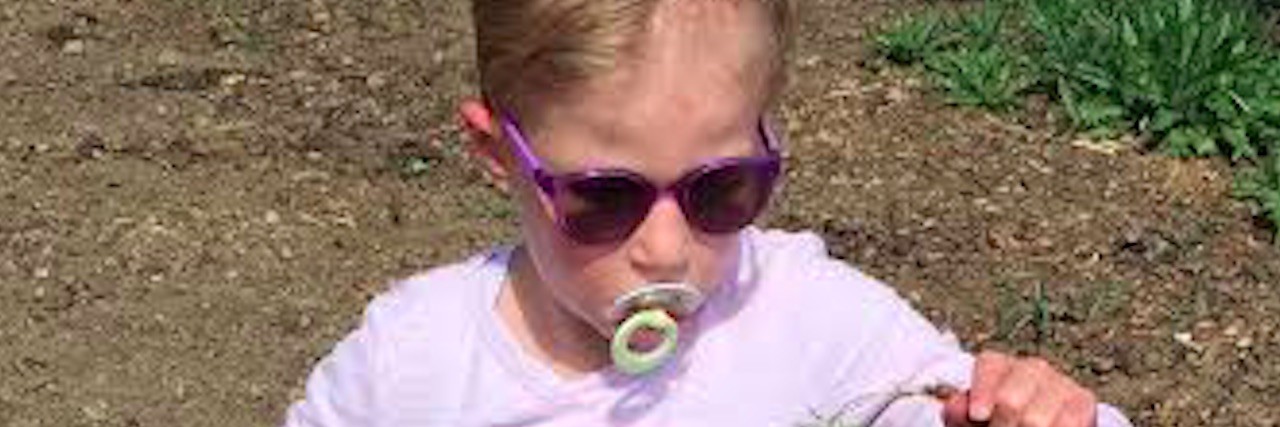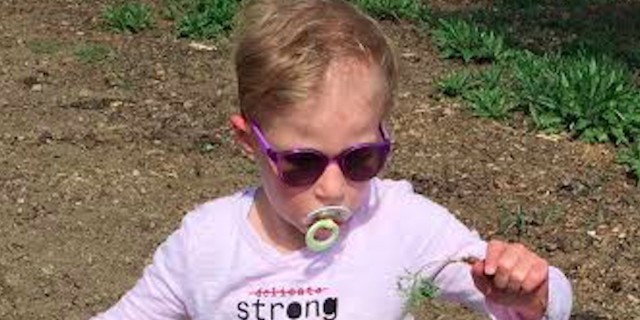No, this is not a miss-spelling! For every day is a battle; a combat between symptoms, treatments for them, side-effects of the treatments and subsequent treatments to alleviate the side-effects, leading to more side-effects and more treatments. And so it goes on and on…
Life is complex when you have “multiple complex needs”.
I am “Neurodivergent”. My neurodevelopmental psychiatrist would say I am Autistic and suffer from BipolarDisorder, Social Anxiety Disorder, Mild Delusional Disorder, borderline Intellect and all-round Emotional Dysregulation. Politically, I align with the Mad movement. (with a Capital M: a re-claimed term of empowerment for Neurodivergents like myself).
This is my first post. I plan to start a regular blog about my inner and outer life. I hope it is of help to people who may relate, to families that are doing their best to support and to health-care professionals in this Mind-Field.
I was born 16-weeks early at only 24-weeks gestation and weighed 600 grams (that’s a little over a pound for those of you who aren’t metric). This was 24 years ago. My first 5-months of life were spent intubated in a London UK Neonatal Intensive Care Unit. My prognosis was poor: a slim chance of survival and, if I survived, a life of significant health and developmental challenges. I was a feisty little micro-preemie and I made it. Early years were filled with survival issues. Developmental challenges followed closely behind. These were all lumped under the umbrella of “global developmental delay” through my childhood.
My mother and I are compiling a detailed account of experiencing and surviving these childhood years. For the purpose of this post, however, I will fast-forward to age 16.
I attended a Mainstream Inner-City High School in London and was part of the school’s so-called “nurture group” (this term couldn’t be further from the truth) for “challenged” students like myself. Under the guise of learning “life-skills” we met daily with our Special Needs Coordinator and took part in cookie-making. I was bullied in school. Desperate to make friends I did literally anything a peer asked me to do. I couldn’t recognize a social signal if it was illuminated in a football stadium! My Peers found great humour and entertainment value in seeing just how far I would go and I, willingly, complied with any of their requests regardless of consequences. After all, they said they’d be my friend if I …..
My diagnosis of Autism (then called Aspergers Syndrome) finally occurred when I broke the law following a request from my peers. I was set up and I didn’t understand this. My school’s senior management team was unsympathetic and I was at risk of expulsion at best and a criminal sentence at worst. My mother and family doctor insisted on a re-assessment of my “global developmental delay” so I went to weekly meetings with a neurodevelopmental psychology team and received the formal label of “Autism”. I carried the label like a trophy. At last I had something quantifiable; something people could understand; or at least something people believed they understood. It didn’t help the situation with my peers but it did help me to navigate a system of support.
I moved to Canada for grade 11 when I was 17 and attended a wonderful independent school that celebrated diversity and supported the individual learning needs of each student. I was lucky that my uncle provided my Mum and I with a new life and with this gift of personalized education. I thrived there. It was an Individual Education Plan school where every student’s unique way of navigating life was accommodated. My self confidence grew. I actually was able to enjoy, achieve and learn for the first time.
I attended a mainstream college in Ontario, studying Early Childhood Education. The Accessible Learning Department made my experience there exactly that. Considering on paper I have a low IQ, (“borderline” intelligence IQ of 72) I was on the Dean’s Honours List for three semesters.
Then life took a turn for the worst when I chose to go back to London to visit my father for three weeks. Childhood memories of paternal bullying and abusive behaviour flooded back as they were repeated. I returned to Canada with PTSD and my first “major depressive episode”. This was also my first occurrence of ‘dual diagnosis’. Although upset by my father’s disregard for me, I was initially relieved to return to my loving mother and my wonderful college. I thrived for a couple of weeks. Then I somehow managed to lose my Apple ID. It was irretrievable and I was inconsolable. I knew that I could create a new ID but I wanted the old one back. I obsessed about it. I tried to kill myself over it. I stayed for three months as an inpatient in the Mood and Anxiety Disorder unit of a psychiatric hospital. There I attempted suicide and I was sectioned under the Ontario mental health Act several times over. My psychiatrist in this particular unit was an expert in mood disorders but not in neurodivergence. The ‘autistic’ fixation, sensory overloads and melt-downs kicked in. I was considered challenging and non-compliant.
My condition worsened in the unit and I eventually was moved into a semi-independent living accommodation under the guise of “crisis intervention”.
This was ideal. I saw my mother whenever I wanted to and stayed with her a couple of days a week and I lived the rest of the time in my own apartment that provided assisted living: support where and when I needed it. I became a part of this community, joined the gym next door and, over the course of about 18 months I began to heal.
I returned to college and completed my programme in Early Childhood Education. I’ll never forget my graduation ceremony when the Dean whispered “I’m proud of you, Joel” as he handed me my diploma.
I planned to begin a graduate programme in supporting special educational needs across the lifespan. I had (and have) a wonderful girlfriend who was also part of my semi-independent living community and we began planning a future together. I turned 24.
Then disaster struck. I was moved to a new “high dependency needs” unit within my building, given only 2 weeks’ notice. Similar to many people in the autism spectrum, I require significant preparation for big changes. I tried to contest this move as did my mother. It was the very beginning of Covid social distancing and my mother and girlfriend were not allowed to see me. I moved from my own semi-independent apartment to a restricted space with 24/7 supervision. My key staff was well-versed in high-support-needs autism but not in mental health issues. I had my next depressive episode. I stayed isolated in my room for a couple of weeks. My staff were angry with this and I was accused of being non-compliant and having behavioural issues. Finally, I attempted suicide again. Our family doctor referred me to another psychiatrist: this time a neurodevelopmental specialist. He arranged that I return back to my mother’s place where I have been for the past 6 months. It is this doctor who has diagnosed me as being BipolarDisorder.
My Mum has been nothing short of amazing and I know that sometimes I don’t tell her this, but I always feel it. She stopped work and has dedicated herself to supporting my very tricky and long-winded healing process. I was put on anti-depressants that triggered mania resulting in 3 more lengthy hospital stays and several emergency visits. I have no recall of these but apparently, I called the police on my Mum, accusing her of trying to hurt me. (Which couldn’t be farther from reality. Big-time delusions happened).
I was then taken off anti-depressants and put on an anti-psychotic medication and had what’s termed a “paradoxical effect”: this medication triggered mania. I always thought that mania was supposed to be something ‘up’ and exciting. It isn’t. It’s full of very grumpy irritability and short temper. Hypo-mania gets me feeling agitated while full-blown mania, for me, is filled with scary delusions.
I was weaned off the meds and had two further anti-psychotic drugs introduced. These made me lucid again and no longer as angry and agitated. But they had a side-effect I had never heard of before: the dreaded “Akathisia”. You know the expression “ants in your pants”? This sums it up in a very understated way. With akathisia you can’t stay still, you can’t complete a thought let alone a sentence. You feel the need to keep moving but also a sense of fatigue as you are physically exhausted but mentally hyper. I didn’t sleep for more than 2-hours a night for a couple of months. And this was all a side-effect of my meds.
I was given an antidote to deal with this and help me sleep. It didn’t work. I was given a further two medications to deal with this awful side-effect. One of them had the “paradoxical” side effect of making me hyper again.
As I write, I am trying different doses of medications. I am getting better but, as my autism kicks in, it is sometimes difficult to see the big picture as I focus on the detail of the moment.
When I’m having a “good” couple of hours (by that I mean ‘mid-line’, neither depressed nor hypomanic) I believe I am ALWAYS like this and I attempt to do too much. When I’m angry I cannot see any way out and I have the autistic repetitive thoughts.
I am fortunate to have a wonderful psychiatrist who understands the dueling manifestation of a dual diagnosis. He tells me that my emotional regulation “is like a dysfunctional valve which cannot not stop the turbulence within in the fumed engine”. I may be autistic but I always like a good metaphor!
I am grateful to have this opportunity to write and share my story and my journey into healing my mind, a day at a time. I’m of the first generation of micro-preemies to make it to adulthood and I look forward to sharing my continued story with you.
#Autism #neurodivergence #Disability #Prematurity #BipolarDisorder #NeurodevelopmentalDisorders

